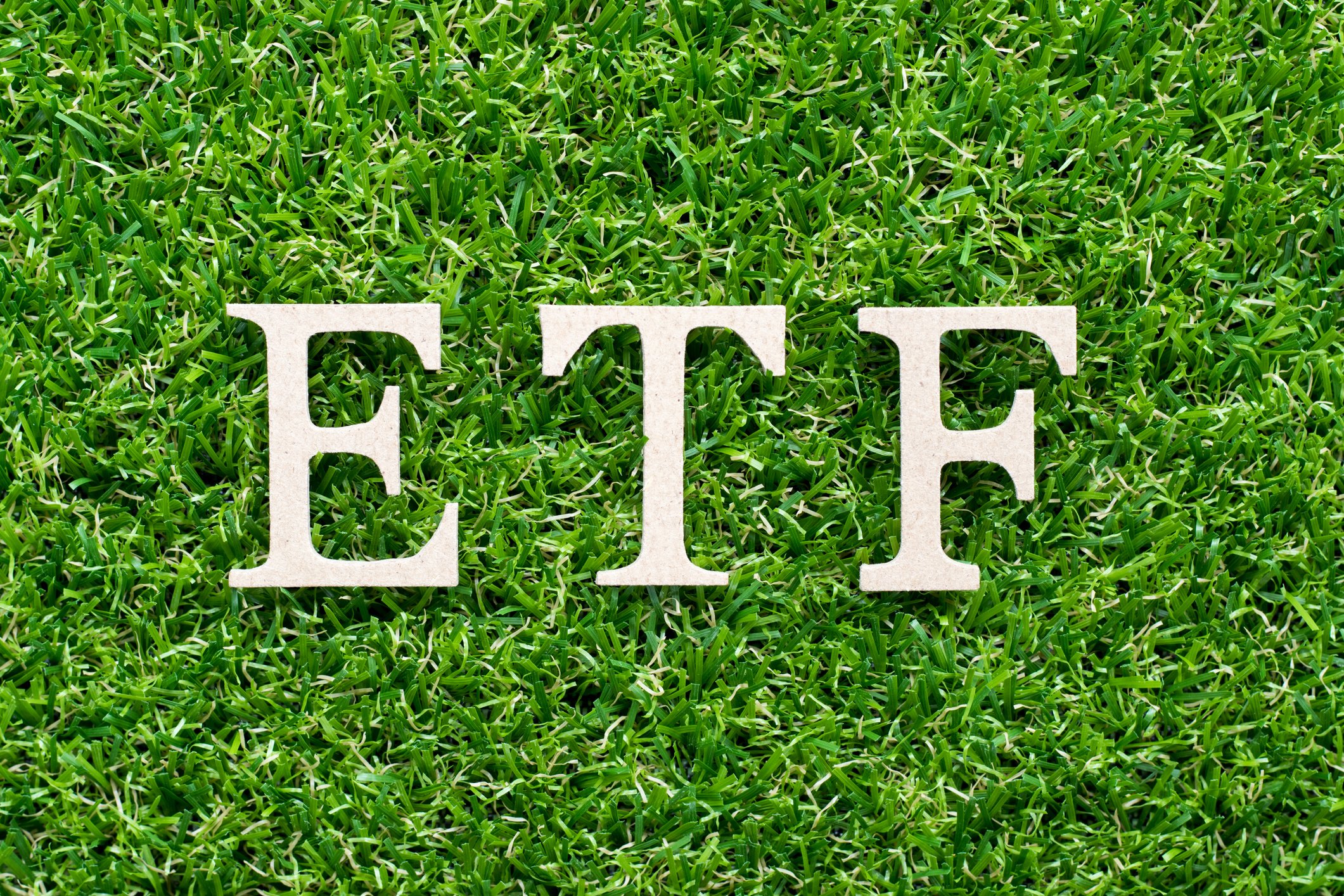Individual stocks can be exciting to invest in, but for dividend investors who want steady income from their portfolio, an exchange-traded fund (ETF) that focuses on high-dividend stocks can be a smart choice. Two of the most popular, and lowest-cost, high-dividend ETFs are the Vanguard High Dividend Yield ETF (VYM +0.71%) and the Schwab U.S. Dividend Equity ETF (SCHD +0.60%).
|
Fund Name |
Symbol |
Recent Share Price |
Dividend Yield (Based on Past 12 Months' Distributions) |
Expense Ratio |
|---|---|---|---|---|
|
Vanguard High Dividend Yield ETF |
VYM |
$73.91 |
2.90% |
0.08% |
|
Schwab US Dividend Equity ETF |
SCHD |
$45.80 |
2.84% |
0.07% |
Data Source: TD Ameritrade. Share prices and dividend yields current as of 8/4/17.
These funds have several similar objectives
In most respects, these ETFs are quite similar. Both focus on stocks that pay above-average dividends, and both specifically exclude real estate investment trusts (REITs).

Image source: Getty Images.
In fact, there's significant overlap among the portfolios. Five stocks -- Microsoft, Johnson & Johnson, ExxonMobil, Procter & Gamble, and Pfizer -- are among both funds' top 10 holdings.
Furthermore, both are similarly priced. The Schwab ETF is slightly cheaper, with a 0.07% expense ratio. This means that for every $10,000 you have invested in the fund, you'll pay just $7 in annual investment fees. However, the Vanguard ETF's expense ratio is just slightly higher at 0.08%. Generally speaking, lower expense ratios can make a big difference in performance over long time periods, but the difference in cost between these two ETFs is negligible.
Major differences
While the overall objective of these two ETFs are similar, there are a few differences that could factor into your investment decision.
The biggest difference between the two is the index each fund tracks. As I mentioned, both funds track stock indices that include stocks with higher-than-average dividends and specifically exclude real estate investment trusts (REITs). However, the Vanguard ETF has a much broader basket of stocks – the Schwab fund owns about 100 stocks, while the Vanguard ETF owns about four times this number -- 405, to be exact.
As a result, the Vanguard fund isn't as "top heavy," meaning that it is less dependent on its largest holdings. Specifically, the Vanguard ETF's 10 largest holdings make up 30.6% of the fund's total assets, while the Schwab ETF's top 10 make up 45.6% of the total.
Another difference is that the Vanguard ETF has been around for longer (inception in 2006 versus 2011), so it's easier to look at its performance over time, although both have done an excellent job of mirroring the performance of their respective index. Over the past five years, the Vanguard High Dividend Yield ETF has averaged 13.62% total returns, as compared to 13.71% for its underlying index. Similarly, the Schwab U.S. Dividend Equity ETF has averaged a 13.25% return over the same time period, just below the 13.38% return of its index. As would be expected, both ETFs' performance came in slightly below the corresponding index, as a result of the modest expense ratios.
Which is the best buy?
I prefer the greater diversification of the Vanguard High Dividend Yield ETF, but both are excellent investments for dividend-seekers looking to automate some of their stock investments. Both ETFs allow investors to get exposure to top-notch dividend stocks without too much reliance on any one company's performance.







